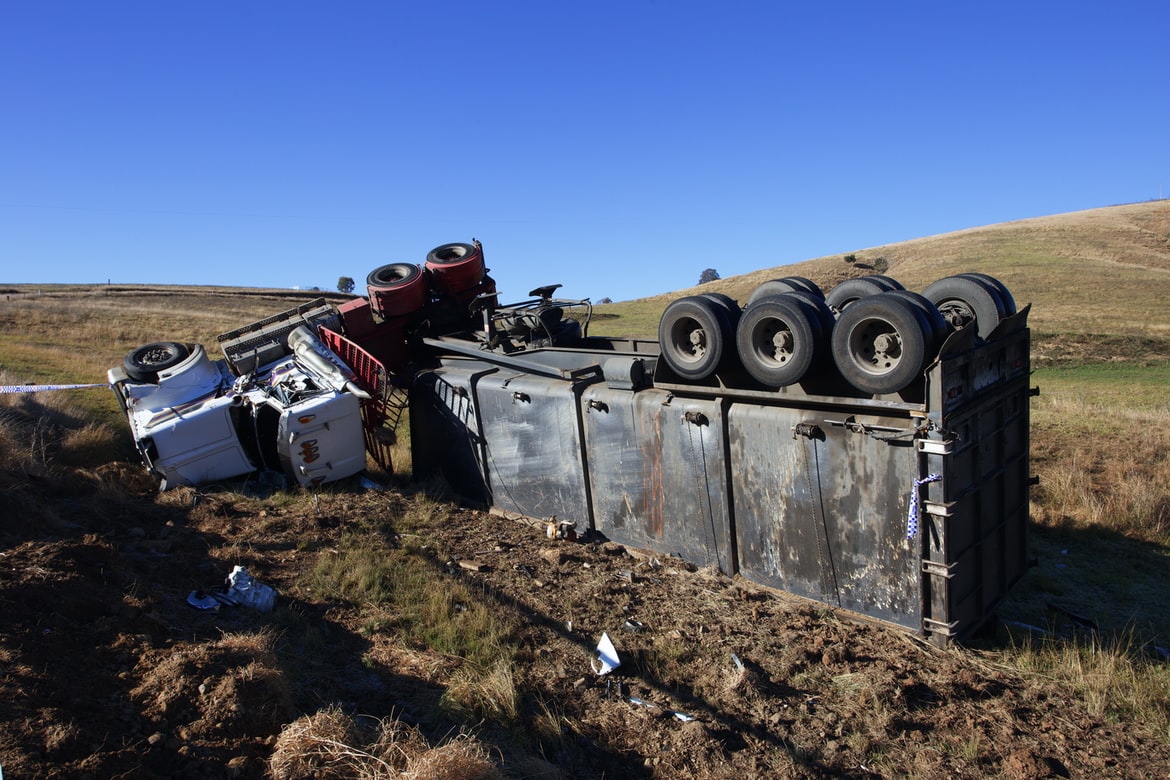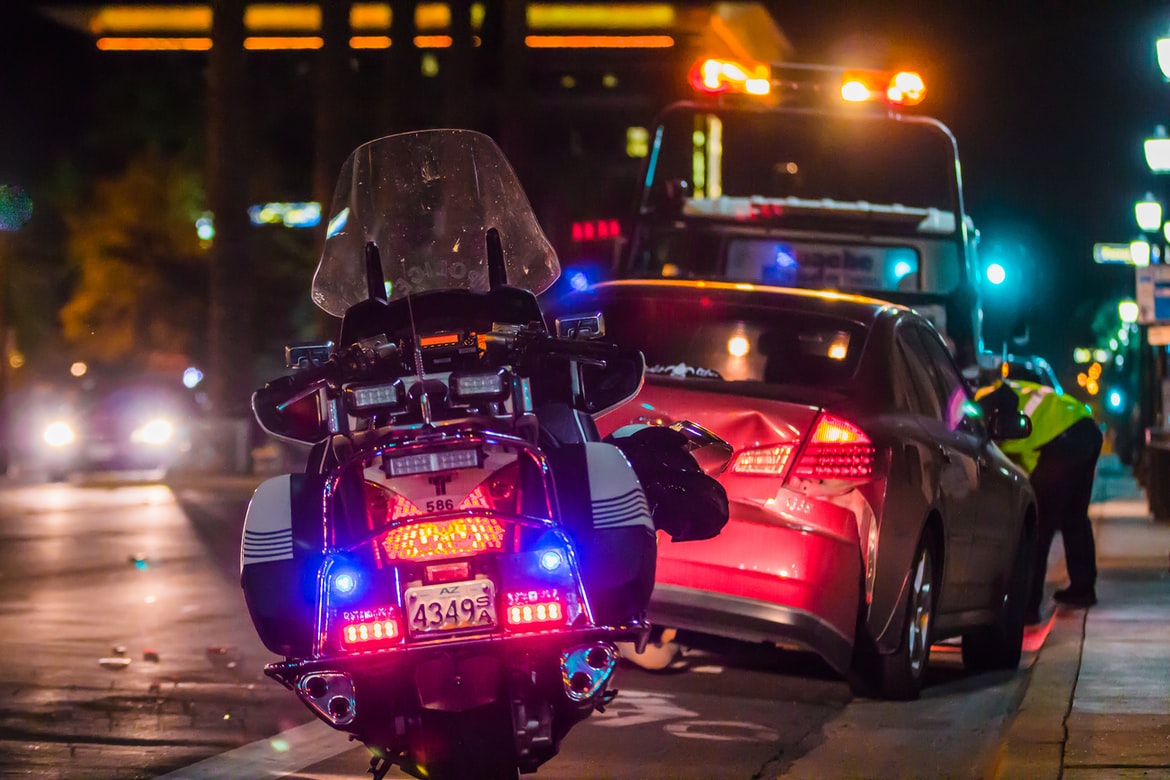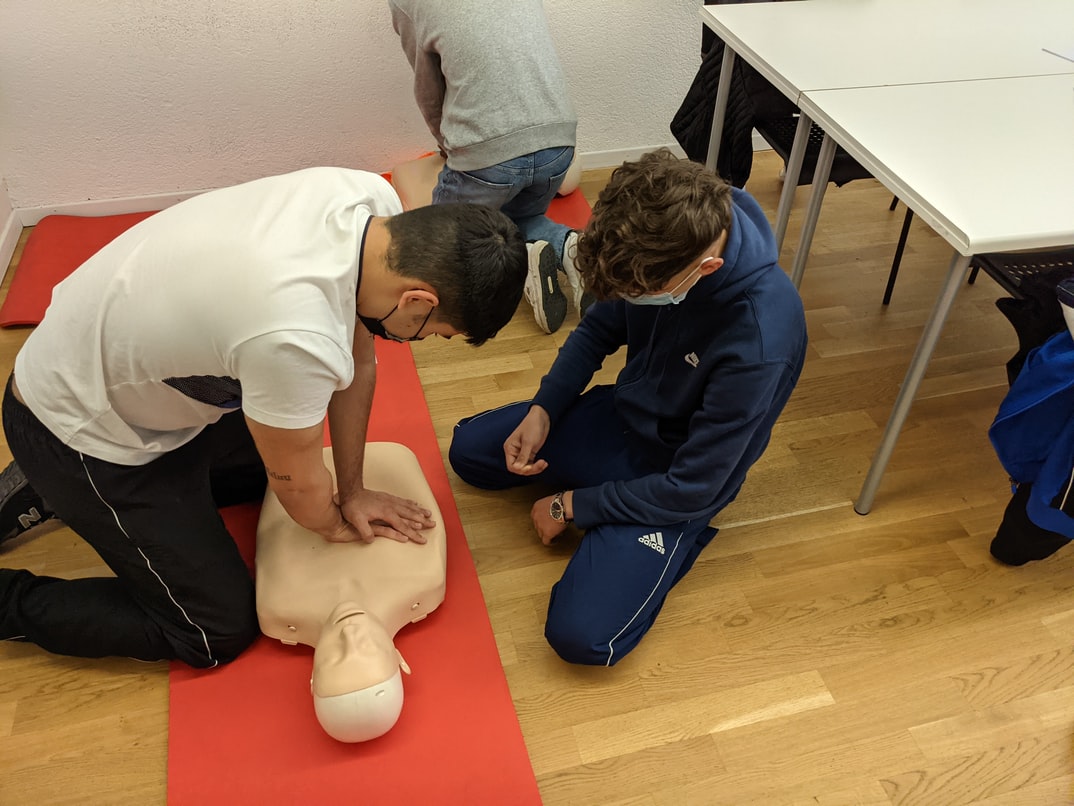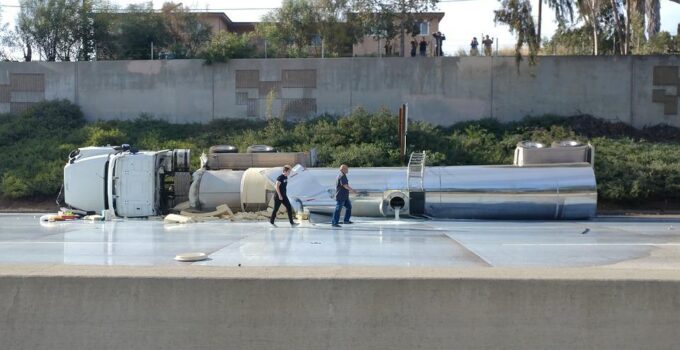The law does not require you to stop and help the accident victims if you witness a traffic accident. This law is prevalent throughout the US and is meant to protect people who witness accidents. Since you don’t have to stop and assist the people involved in the accident, the accident victims cannot sue you.
However, if you are involved in the accident, you must stay at the scene until the police arrive. Failure to do so will result in a hit-and-run charge, a criminal offense that can result in fines or jail time.
If you are a simple witness to a traffic accident, it would be best if you could help, but only if it is safe for you to do so. However, if you are at the scene of a truck accident, your presence and intervention can make the difference between life and death for some people. Moreover, the parties involved in the accident will likely call you as a witness to testify about the accident. While you don’t have the legal duty to stop and help, many feel it is right.
If you’ve witnessed a truck accident in Indiana, here are some important details to keep in mind.
Page Contents
The Good Samaritan Law

Source: unsplash.com
Some people are skeptical about stopping to help accident victims because they don’t want to be sued if something goes wrong. However, Indiana’s Good Samaritan laws will protect you if you unintentionally cause harm while trying to help the accident victim.
According to IC 34-30-12-1, any individual who “comes upon” the site of an accident and “in good faith, gratuitously renders emergency care at the scene of the emergency or accident” out of the goodness of their hearts will not be subject to “civil liability.” Accident victims can not sue a “Good Samaritan” unless there is substantial evidence of gross negligence, intentional harm, or misconduct.
Offering to Help at the Scene of An Accident

Source: unsplash.com
If you stop to help at an accident scene in Indiana, you should consider the following rules and steps to ensure that your good faith helps positively affects everyone involved.
- Call 911 to notify paramedics and law enforcement of the accident.
- Check to see if anyone needs medical care to provide a detailed description to the 911 dispatcher.
- Avoid moving any victims, especially if they are seriously injured
- Remove victims from dangerous conditions such as smoke or exposed electrical wires if possible.
- Once the police arrive at the accident scene, cooperate with the authorities by answering their questions to the best of your ability.
- Offer your contact details voluntarily to the authorities because you will most likely have to offer statements or testify in a lawsuit.
What to Do At the Accident Scene and in the Aftermath

Source: unsplash.com
Once you know you’re going to be at the scene of the accident for a while, you may want to write down what you see and take pictures of your surroundings. Then, give the victims’ attorney any evidence about the accident, including verbal or written accounts from all involved parties, photos you might have taken, other details concerning other accident witnesses, etc.
Moreover, if you were involved in or witnessed a truck collision, it’s best to talk to a truck accident lawyer in Gary, Indiana, such as Yoshalawfirm, as soon as possible. As a witness, you have rights and obligations. When a collision involves trucks, you will most likely become a part of a legal procedure.
A lawyer will help you understand what comes next, how to handle the legal process, etc. Deposing witnesses is an important part of building a good case against a truck driver or a trucking company, together with witness preparation and protection from harassment or intimidation. If you are willing to help with the aftermath of the accident, an attorney will be there every step of the way for you and the plaintiffs.
A Few Words on Gross Negligence

Source: unsplash.com
As we have seen, Indiana laws protect Good Samaritans who try to help those directly affected by a truck accident. So, for instance, if you were helping a victim out of a wrecked car and they dislocated their hip while you’re trying to rescue them, you won’t be sued for the victim’s injury.
However, if you try to administer treatment to a truck accident victim without being qualified to do so, you could be charged with gross negligence. For instance, if you see that a victim is unresponsive and you try to give them CPR without proper training, you could be held responsible if the victim experiences additional injuries due to your lack of knowledge/skills.
Final Thoughts
It is important to remember that while people are not required to stop and help, those who step in and decide to be Good Samaritans can sometimes save the lives of accident victims. As a matter of fact, in 2011, a Fort Wayne woman’s automobile burst into flames after a wreck.
An off-duty state trooper tried to rescue the woman from her vehicle but wasn’t successful. A Good Samaritan stepped in to help and was able to pull the woman from the car. The state trooper admitted that he wouldn’t have been able to rescue the woman without the civilian’s help. That’s how important it is to offer your assistance at an accident scene if it is safe to do so.





